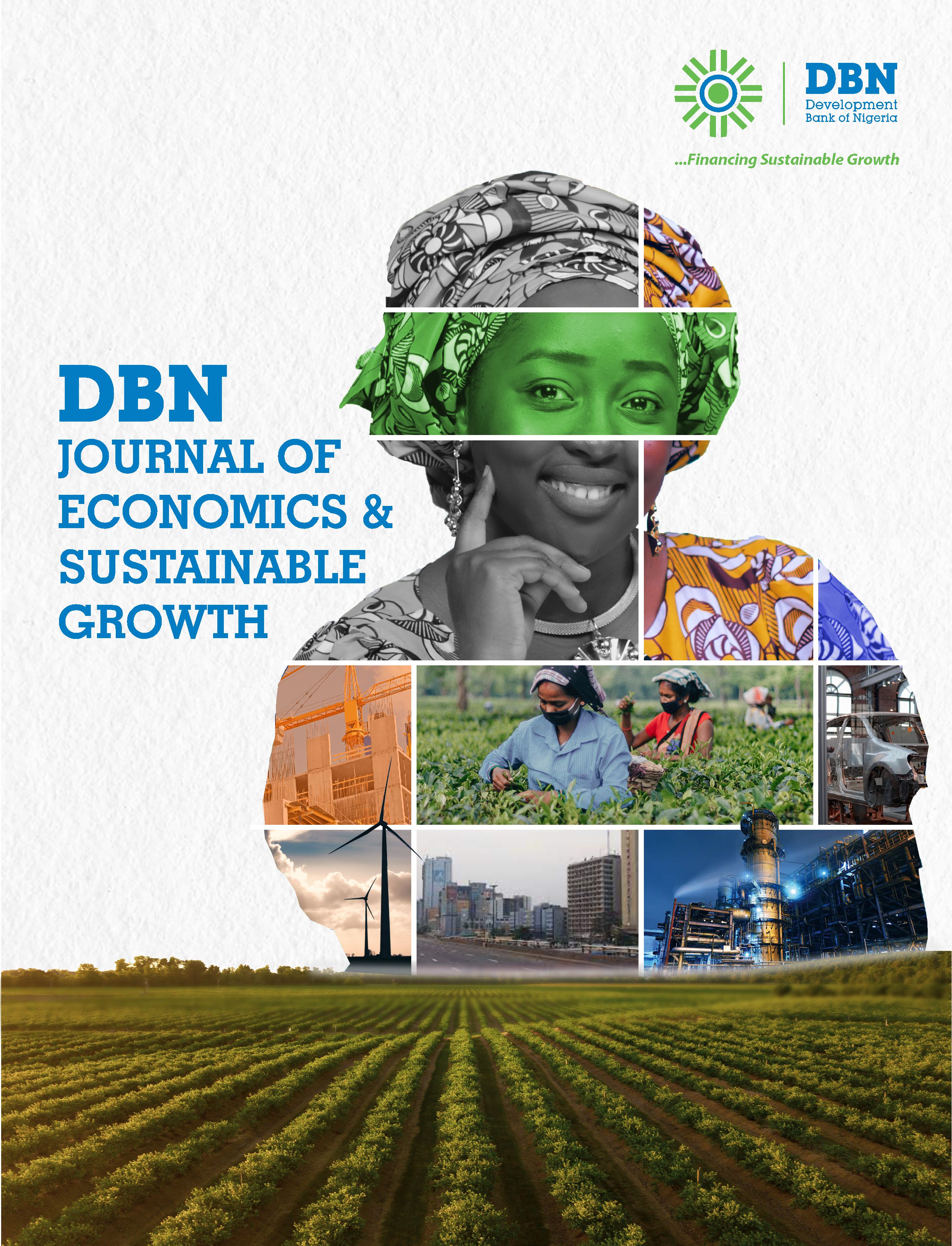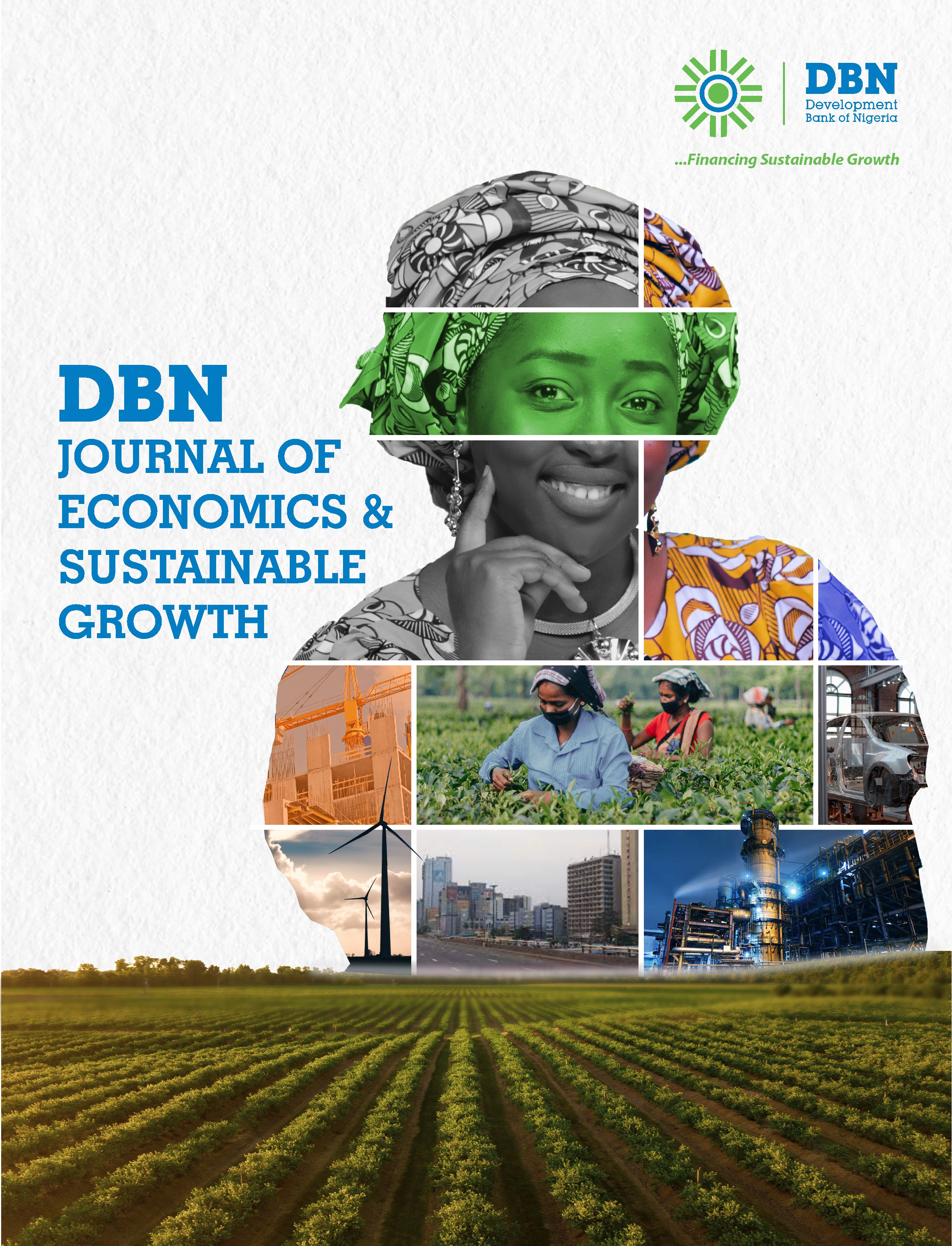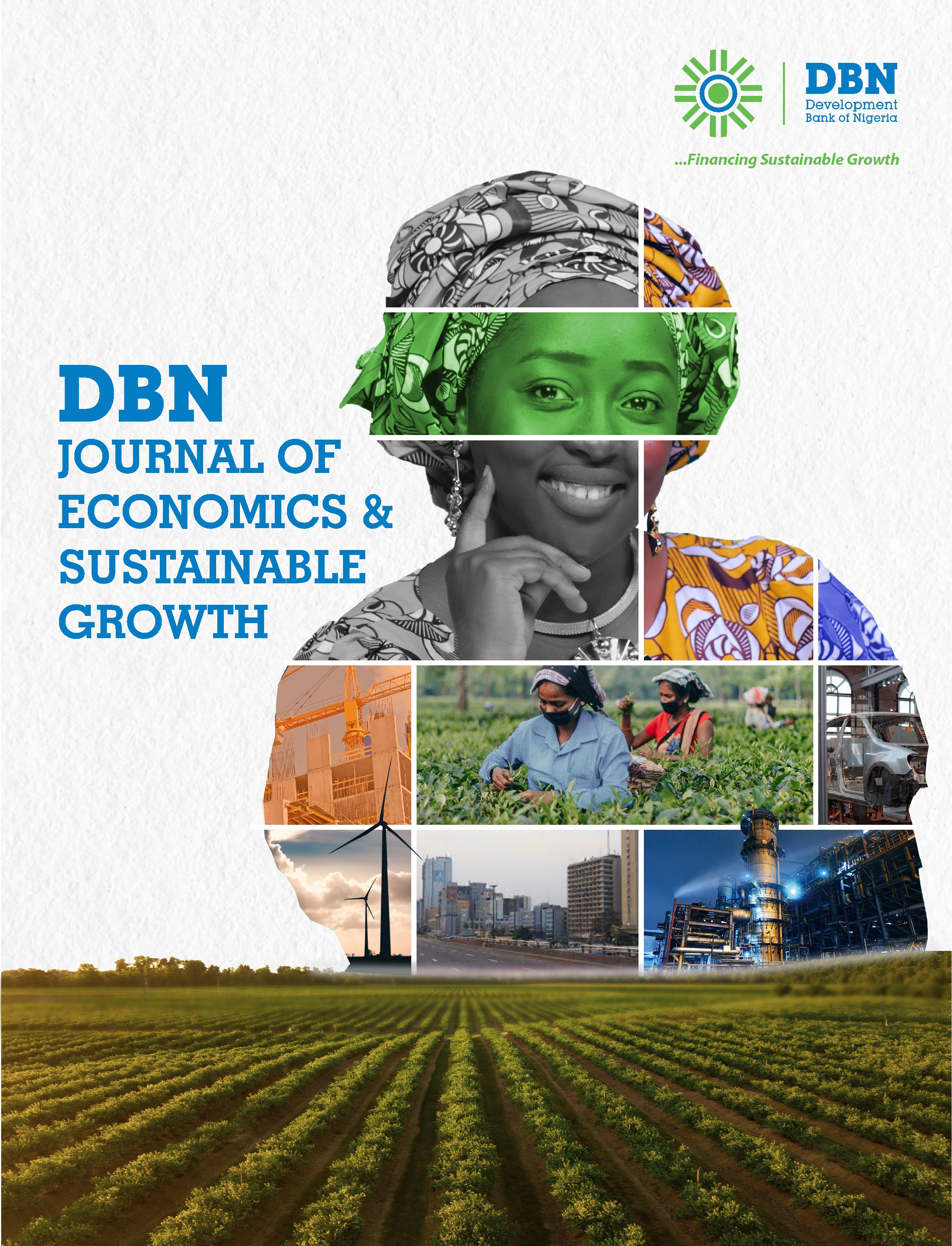
Publication Information
Published by: Admin
Published: 2 years ago
View: 235
Pages: 22
ISBN:
Abstract
The study investigated the effect of remittance and VAT on household welfare in Nigeria. The welfare variables under consideration were household consumption expenditure, poverty status, and Out-Of-Pocket (OOP) expenditures for health care. The study employed quarterly time series data from 2000 to 2017 which were sourced from the World Development Indicators (WDI) 2019, the Central Bank of Nigeria (CBN) 2019 statistical bulletin, and the Global Consumption and Income Project Data Catalog 2019. The results of the analysis showed that both remittance and VAT significantly influenced Household Consumption expenditure by 12 and 15 percent respectively. Furthermore, the result showed also that while remittance significantly and negatively reduced poverty by 10 percent, VAT did not significant affect poverty in the country. Finally, it also showed that while remittance did not significantly affect OOP expenditure for health, VAT significantly reduces OOP expenditure for health by about 14 percent. The study concludes by reaffirming the importance of remittance in the welfare of households, and the need to restructure the VAT rate in order to minimize its adverse effects on household welfare.
Related Publications



